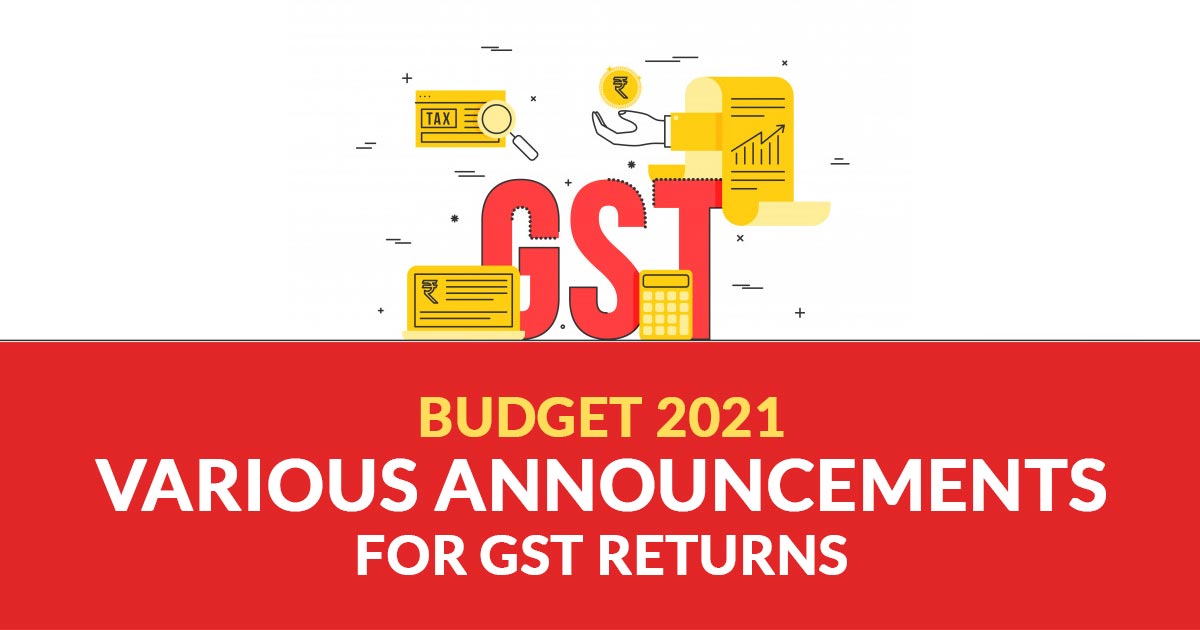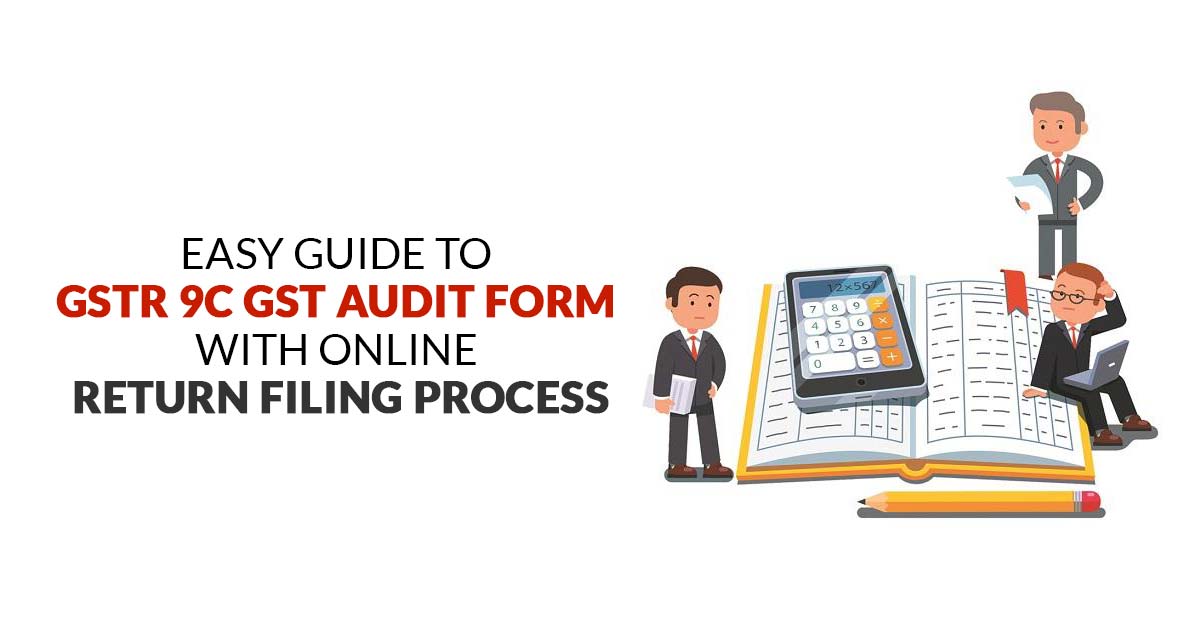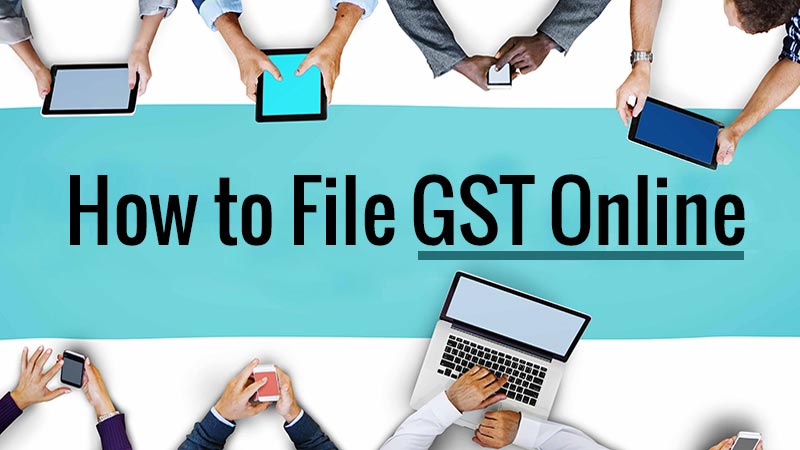From an indirect tax point of view, Budget 2021 made various announcements focusing primarily on two key aspects, namely punishing fraudulent transactions and reducing compliance burden.

Among the many amendments proposed under GST, three main amendments that require serious deliberation by taxpayers are:
- Rationalization of annual GST compliance
- Amendment of provisional attachment provision
- Amendment of provision to increase the power of commissioner for information
Probably the biggest declaration from a compliance standpoint was the withdrawal of the requirement to obtain a certified GSTR-9C form reconciliation statement 
This particular amendment was mainly introduced with an aim to reduce the compliance burden of taxpayers. However, it is important to note that the amendments now place an additional responsibility on the taxpayer to authenticate their respective accounts and the corresponding reconciliation statement.
The entire value chain in a business set-up is divided into several units such as strategic business units (‘SBUs’), cost centre units (`CC’), etc. Each of these SBUs has its own responsibility for functioning, revenue generation, associated cost control, etc. whereas CCs have responsibility for the company’s overhead costs.
The accounting of revenue generated and costs incurred are controlled either by the SBU’s operations team or by a separate account and finance.
From the monthly GST return 
With the intended amendments for furnishing self-certified annual returns, the responsibility for filing returns may not be limited to the finance and/or tax team. Every business unit can be equally responsible for the details they have entered in the accounts books. Business houses now will now have to build in a robust internal control mechanism, in which each SBU or CC must ensure that there is no revenue leakage or inadvertent error in availing tax credits, or any inadvertent error in complying with the GST provisions.
The need for a robust control mechanism can also be supported by two other major modifications, which are presented below.
Amendment to the Provisional Attachment Provision
Section 83 (1) which is the present provision provides that procedures for provisional attachment of property (including bank accounts) can only be initiated by the Commissioner for specified types of assessments, search and seizure, and demand and assessment procedures. This particular category is limited to non-filers of GST returns, unregistered persons, summary assessment in some cases, etc.
The Finance Bill proposes to extend this power of the Commissioner to bring all the provisions of Chapter XII which includes self-assessment, provisional assessment, scrutiny of returns, etc.; and Chapter XIV which includes inspection of goods in movement; along with Chapter XV.
Notably, the initiated amendment empowers the tax commissioner to attach the property even to operations initiated against the returns, which are filed by the taxpayer on the basis of self-retirement and/or for scrutiny of return, regardless of the fact that the investigation may or may not end in any demand.
Thereafter, Section 68 of the CGST Act designates the provision for inspection of goods in movement by the proper officer. This particular provision requires the person in charge of the conveyance to produce the necessary documents and also allow inspection of goods. As there are also cases of detention of goods for inadvertent procedural gaps. The provision will also now within the purview of the amended provisional attachment provisions.
Amendment Proposed Regarding the Call of Information
At the present time, Section 151 of the CGST Act empowers the Commissioner to furnish such information to the person concerned as may be necessary for statistical purposes. This provision will now be amended. The amended provision has now increased the powers of the Commissioner, to call upon ‘any person’ to ‘furnish information’ ‘relating to any matter’ in ‘connection with this act’.
By combining all these amendments, it can be understood that businesses now have to prepare and coordinate rigorous internal control mechanisms/processes by the efforts of different teams while furnishing their particular GST returns (both monthly and yearly).